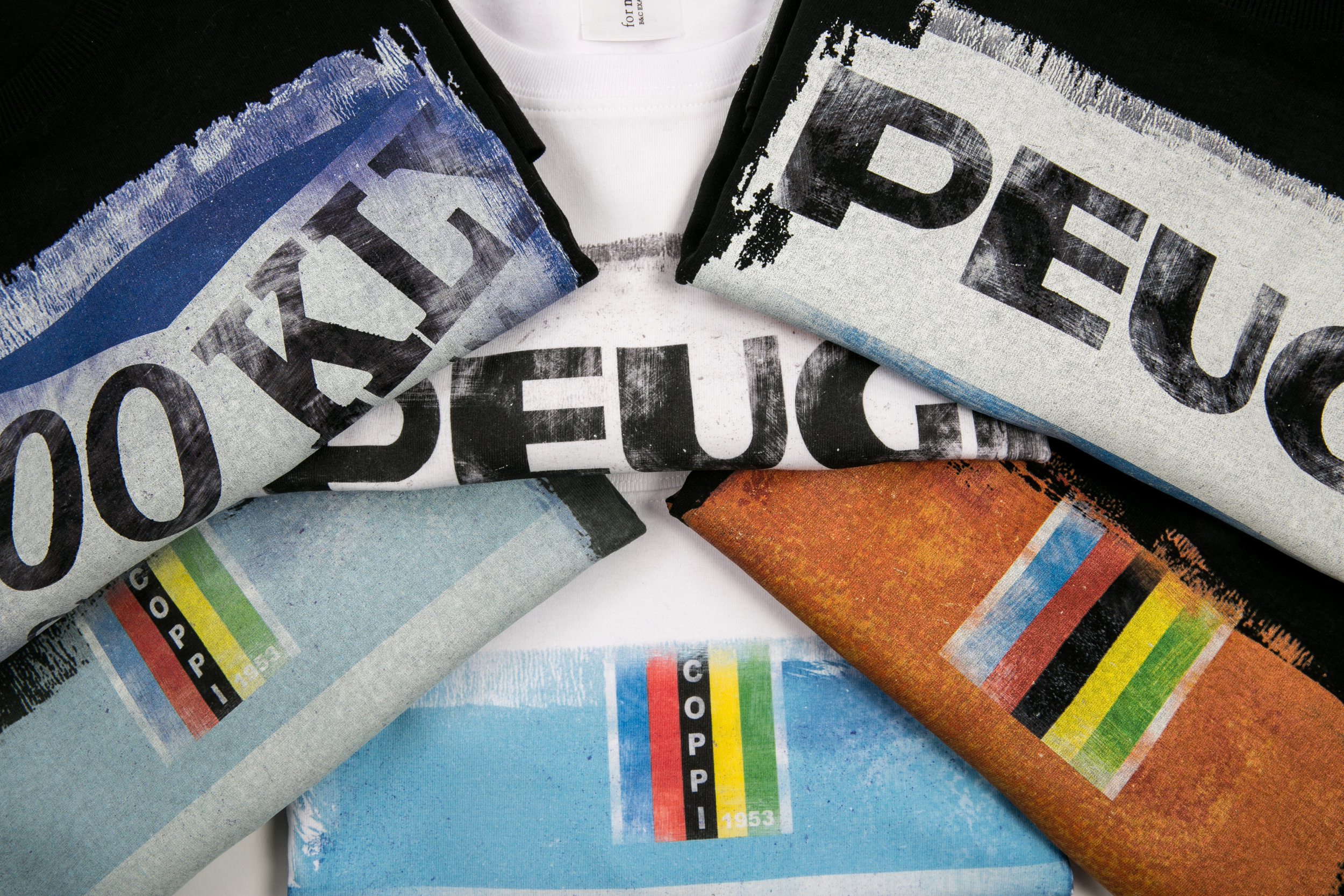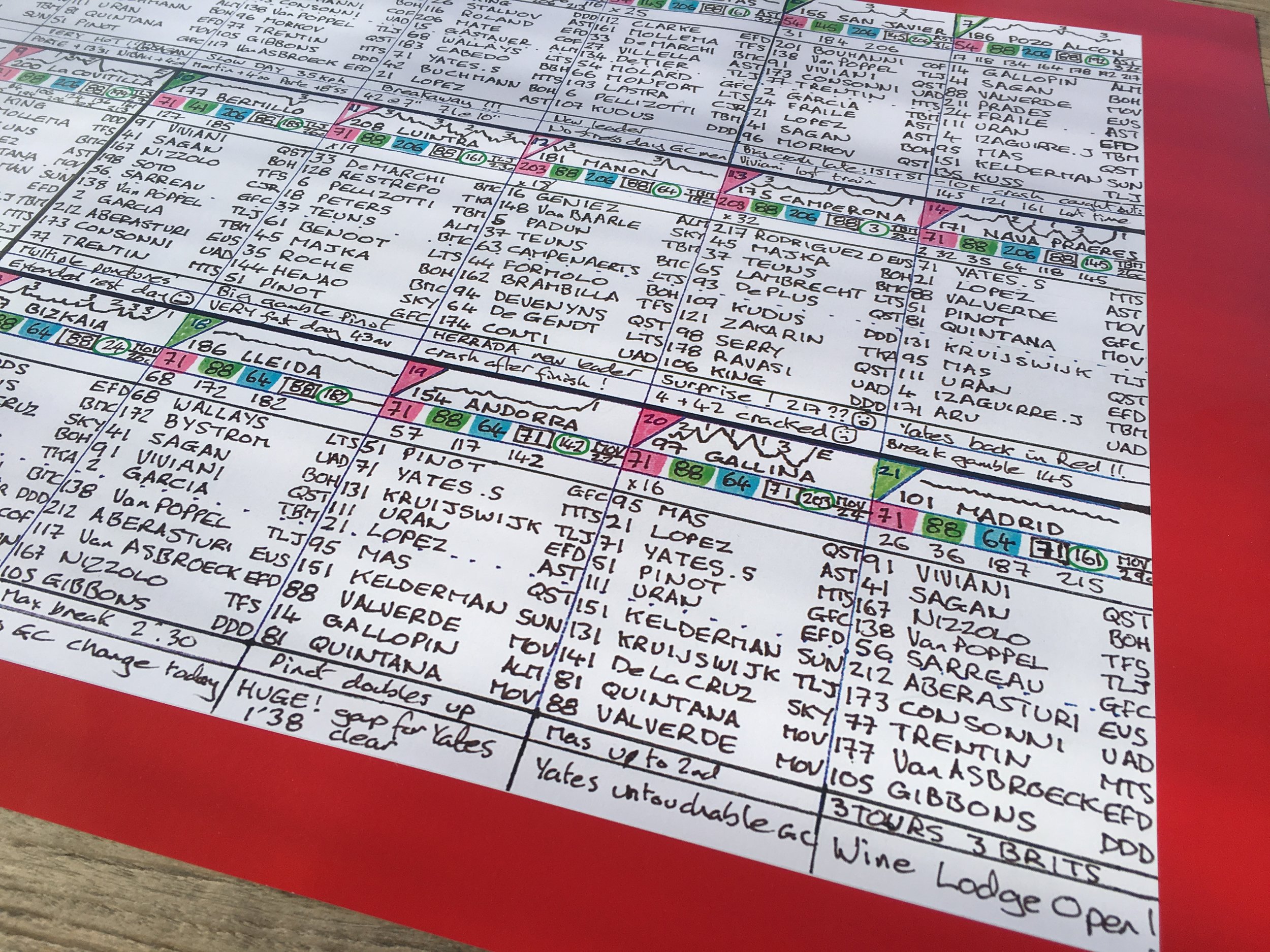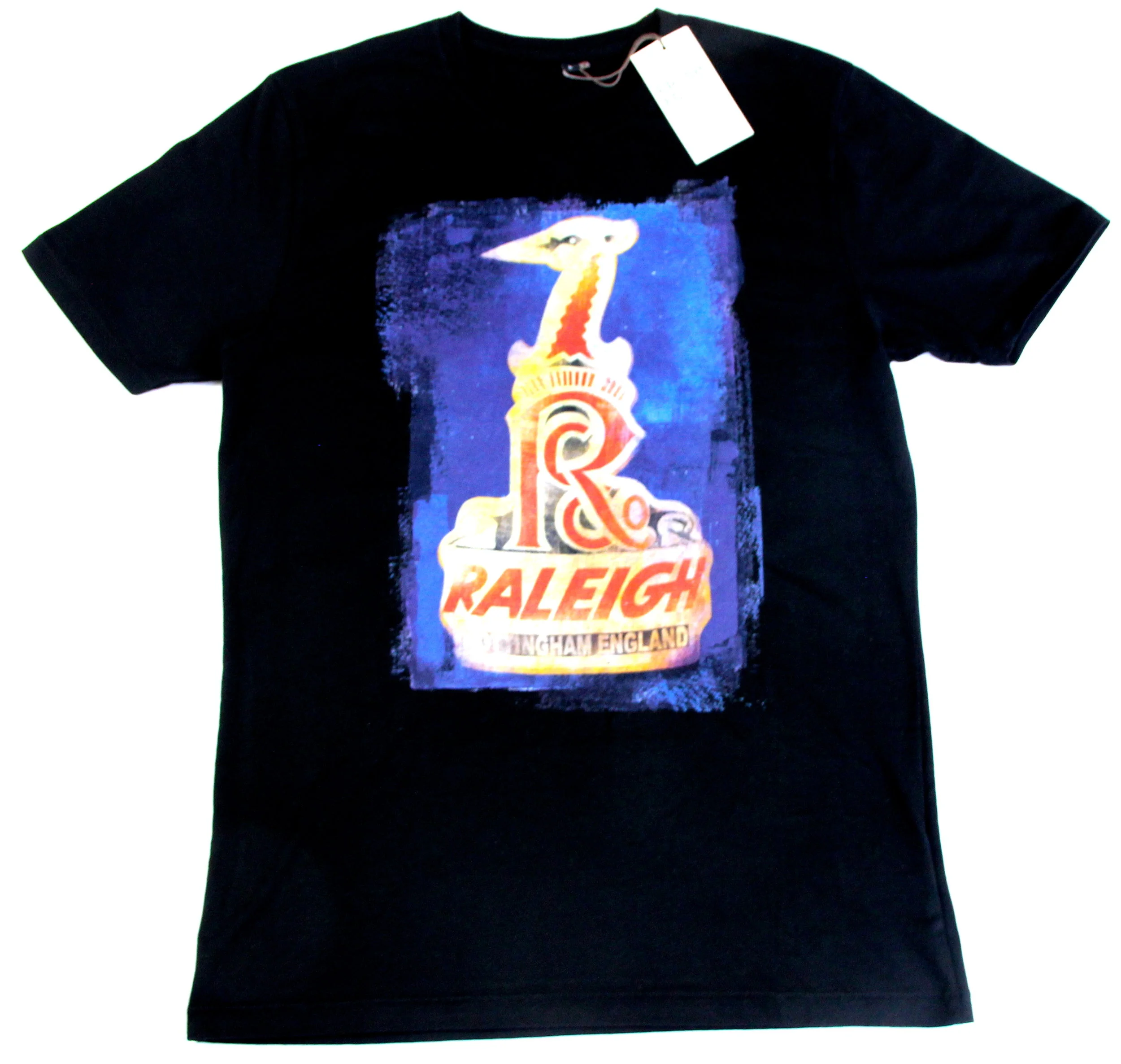The BBC documentary broadcast on Sunday, Cycling’s Superheroes; The Price of Success is worth viewing as a reminder of the ruthlessness with which Dave Brailsford and Shane Sutton went about transforming British Cycling from minnows to a cycling superpower. It asks the question, “In their pursuit of glory, did they cross the line?”
It certainly raises doubts of how far they were prepared to go to achieve that greatness with Sutton openly admitting that “in those days” TUEs were used to “find the gains.” But rather like the UK Anti doping (UKAD) investigation into Team Sky and British Cycling that closed down due to a lack of medical records, the programme was unable to conclusively answer the initial question.
Five years ago Dave Brailsford was celebrated as coach of the year in the BBC’s sports personality awards and subsequently knighted by the queen. 2012 had been a remarkable year with the first ever British Tour de France winner and home Olympic success that equaled the stunning medal haul at Beijing that many thought would be impossible to replicate.
As the architect of all these remarkable achievements he was hailed as a “visionary” and for creating “the perfect model.”
Sutton and Brailsford shared an obsession to be the best. They were intense competitors and disciplinarians with a huge drive to win. At the core of Brailsford’s style was, of course, “the aggregation of marginal gains,” something he adapted from ‘Kai Zen,’ a philosophy adapted by the car industry with a simple message that attention to the tiniest details can give the crucial edge over competitors.
Brailsford broke down the gains his cyclists could achieve to their constituent parts whether it was helmet design, tyre construction, skinsuits, glasses, lifestyle. No stone was left unturned. The obsession for performance applied to the riders themselves which inevitably created a tense atmosphere with athletes pushed to the very edge. The uncompromising regime meant that riders who didn’t meet the standards were unceremoniously dropped.
As Brailsford himself says, “we wanted to be the SAS of the Olympic world…we’re not there to be a happy family. It’s not The Waltons.”
That harsh treatment of some athletes seemed to go even further when Brailsford pulled back his commitment to British Cycling in further pursuit of Tour de France glory. That left Shane Sutton in charge. Various track athletes like the paralympian Darren Kenny and women’s road race star Emma Pooley said they were poorly treated, bullied or discriminated against. The final straw came when Jess Varnish accused Sutton of sexist comments and not supporting her bid for Olympic qualification, after which he resigned.
The separate strand to the story is Bradley Wiggins’ TUE at the 2012 Tour de France. Despite stating in his biography that he had never injected himself, it became clear after the Fancy Bears disclosure that he had. Furthermore it was with a powerful drug, a corticosteroid that former doper David Millar describes as making “EPO feel weak.”
Wiggins winning the 2012 Tour de France By William Morice [CC BY 2.0 (http://creativecommons.org/licenses/by/2.0)], via Wikimedia Commons
Throw into the mix the mystery package delivered to La Toussuire after Wiggins’ Dauphine win, and Brailsford’s declared intention to race completely clean looks shaky at best.
The programe did well to distil many of the key moments in this scandal but one only wished that they’d interviewed Matt Lawton, the journalist who broke the Jiffy bag scandal in the first place. Speaking to Cycling Tips this week his interview is remarkable in that it highlights the outright lies, untruths and attempted manoeuvring by Brailsford as he tried to dodge the issue when it was about to break.
There was the lie about British Cycling coach Simon Cope going to see Emma Pooley while she was in fact racing in Spain. Then there was the lie that the Team Sky bus had left before Wiggins, so he couldn’t have been administered by Dr Freeman after the race. Amazingly these were easily uncovered to be false claims by a simple Google search. “It was hardly great sleuthing journalism,” Lawton admits. “It was on the internet. I didn’t have to get witness statements or find new contacts on it or anything. I just looked on the internet. To be honest, that was the bit that still surprises me.”
Lawton was then offered another story if he kept quiet. The question was put to him by Brailsford, “If you don’t run the story is there anything else that we can do?”
Sir Dave Brailsford (https://commons.wikimedia.org/w/index.php?curid=5524919)
And in terms of the TUE that Wiggins legally took: “I spoke to a lot of doctors about this. We were struggling to find a doctor that would prescribe triamcinolone for that… there was that great quote from the guy down in Canterbury who was a respiratory expert. They look after a lot of British athletes. And he said you are taking a mallet to crack a nut.”
While the issues over Team Sky are massive, Lawton sees a bigger issue surrounding UKAD’s lack of power. “The government needs to look at this, WADA needs to look at this, and the whole of World Sport needs to look at this. You have got to give these guys some power. They can’t even get Richard Freeman to give them an interview. What is that all about?...It just seems ridiculous that UKAD investigators need to tell them they are coming. And these guys are ex policemen, you’d think that they must feel it is ridiculous too. If you think somebody has committed serious fraud, you don’t get serious fraud officers going, ‘right, we are coming to your office tomorrow. We are going through all your files. We are looking for evidence of serious fraud. We will be there in the morning. See you later.’”
With so much doubt and further questions that have not been answered by British Cycling and Team Sky, a few observers were surprised by the bullish statement from Bradley Wiggins last week that the investigation had been a “malicious witch hunt” and he demanded that UKAD release the identity of the whistleblower who leaked information that sparked the investigation.
It’s incredible that Wiggins feels justified to make such bold assertions and demands when experienced commentators, observers and journalists like Matt Lawton, David Millar and William Fotheringham (among a legion of others) are prepared to openly criticise him for his TUE medication. More questions have been raised than have been answered. Team Sky’s untruths and clumsy lies point to a panicky cover up. Then the testimonies of former athletes further undermine the trust and belief we had in the medal machine that was British Cycling.
The BBC film was an opportunity for Sutton et al to give their side of the story. Brailsford’s defence of “Do we want to go back to being the plucky Brits who just turned up and came fourteenth?” and “I don’t want to be a nation of losers,” detracts from the real issue here. While the ultra competitive world of Olympic and professional cycling has to, by its very nature, be a cut throat and tough environment, Brailsford, Sutton and Wiggins crossed a line by applying for performance enhancing drugs as part of a TUE.

































![Wiggins winning the 2012 Tour de France By William Morice [CC BY 2.0 (http://creativecommons.org/licenses/by/2.0)], via Wikimedia Commons](https://images.squarespace-cdn.com/content/v1/55ffaf92e4b0899b91374090/1511370208013-T1UF9QN1UAMCIPEZNI19/static1.squarespace.jpg)
